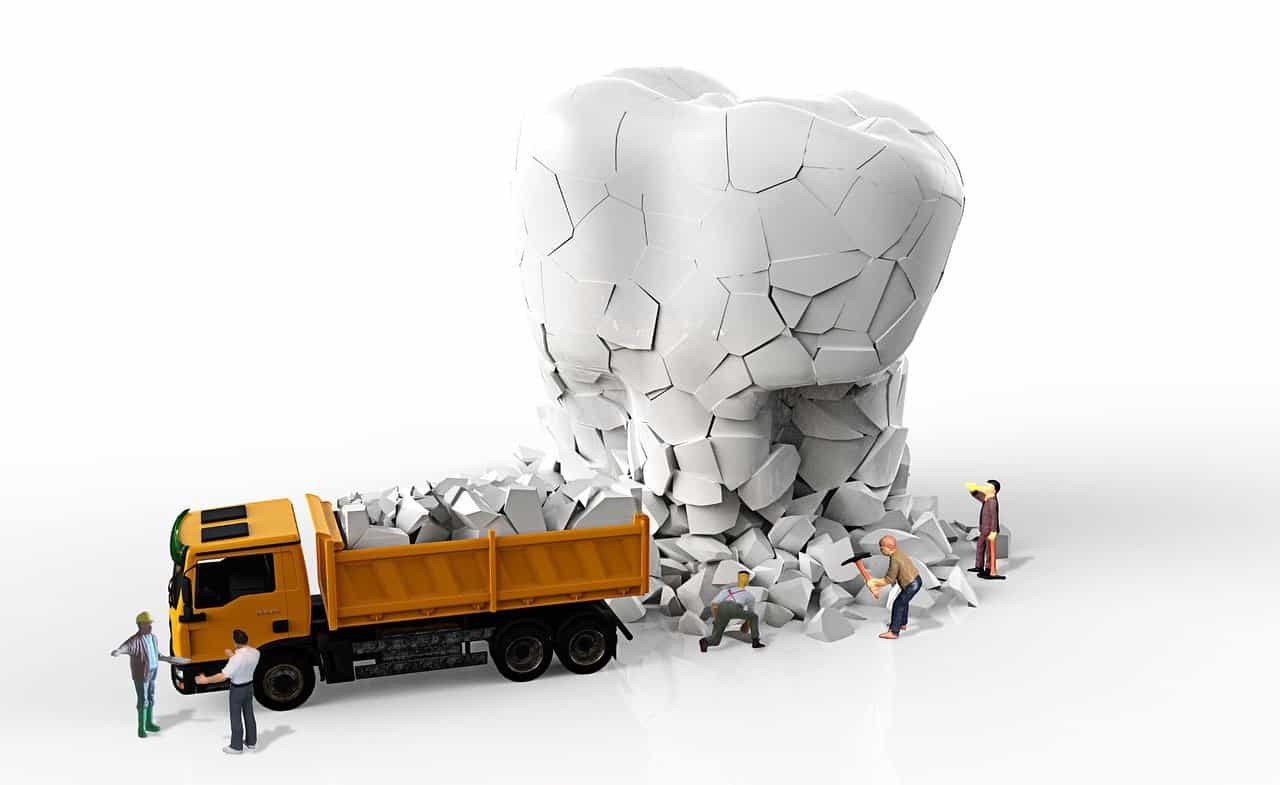Dental erosion occurs when part of the enamel surface of your teeth is dissolved away by acids. It is usually caused by acidic drinks or medicines, excessive vomiting or acid reflux. Erosion is not caused by bacteria, so it is different to tooth decay.
Dental erosion can occur at any age. But it can be particularly severe in elderly people with dry mouths if they don’t produce enough saliva to flush out and neutralise acids.
Here NDIS provider OSAN Ability Assist shares some important facts about Dental Erosion
Symptoms and Complications of Dental Erosion:
Eroded teeth can:
- Be chalky, pitted or discoloured (yellow)
- Have sharp edges
- Be sensitive to hot, cold, sugary and acidic substances
Tooth enamel dissolves progressively, exposing the softer, butter-coloured dentine under the surface.
Dental erosion increases the risk of tooth decay and other problems.
What Causes Dental Erosion:
There are 2 main causes of dental erosion — external and internal.
External causes
These include diet, medicines and exposure to acids in your environment.
Food and drinks that can cause dental erosion:
- Fruit juices
- Soft drinks (sugary or sugar-free)
- Sports drinks
- Wine
- Citrus fruits
- Vinegar
Foods with additives such as citric acid or phosphoric acid
It can also be caused by medicines including some:
- Chewable vitamin C tablets
- Liquid iron supplements
- Cough suppressants
- Mouth rinses
- Chemotherapy or other drugs that irritate the stomach
- Asthma medication from puffers
People with certain jobs are more susceptible to tooth erosion, such as wine professionals and metal sheet workers. Poorly chlorinated pools and spas can also increase the risk of tooth erosion.
Internal or intrinsic causes
Tooth erosion may occur as a result of health conditions or symptoms such as:
- Excessive vomiting
- Bulimia
- Gastric reflux, including gastro-oesophageal reflux disease (GORD)
- Dry mouth syndrome or reduced saliva
- Alcoholism
How To Treat Dental Erosion?
You may need to visit a dentist for dental treatment such as:
- Fillings
- Crowns
- Root canal treatment
- Tooth extraction
- Veneers
Your dentist may suggest applying a fluoride varnish or a remineralising treatment, as well as a management plan to stop further dental erosion.
If your dental erosion is caused by gastric reflux or some other medical condition, discuss the treatment options with your doctor or a relevant specialist.
How To Prevent Dental Erosion?
- To prevent dental erosion:
- Cut down on fruit juices, sports drinks, soft drinks and diet drinks
- Cut down on acidic foods
- Drink water after eating acidic foods and in between meals
- Rinse your mouth with water or milk after vomiting
- Chew sugar-free gum for 20 minutes after eating acidic foods to increase saliva
- Avoid alcohol and do not eat for 3 hours before bedtime to reduce acid reflux
- Have regular dental or oral health check-ups
Wait at least half an hour before brushing your teeth after consuming acid drinks or vomiting. Use a soft tooth brush and fluoride toothpaste.
Avoid giving babies sugary drinks or fruit juice, as they can damage teeth as they first appear.
Courtesy: www.healthdirect.gov.au










